


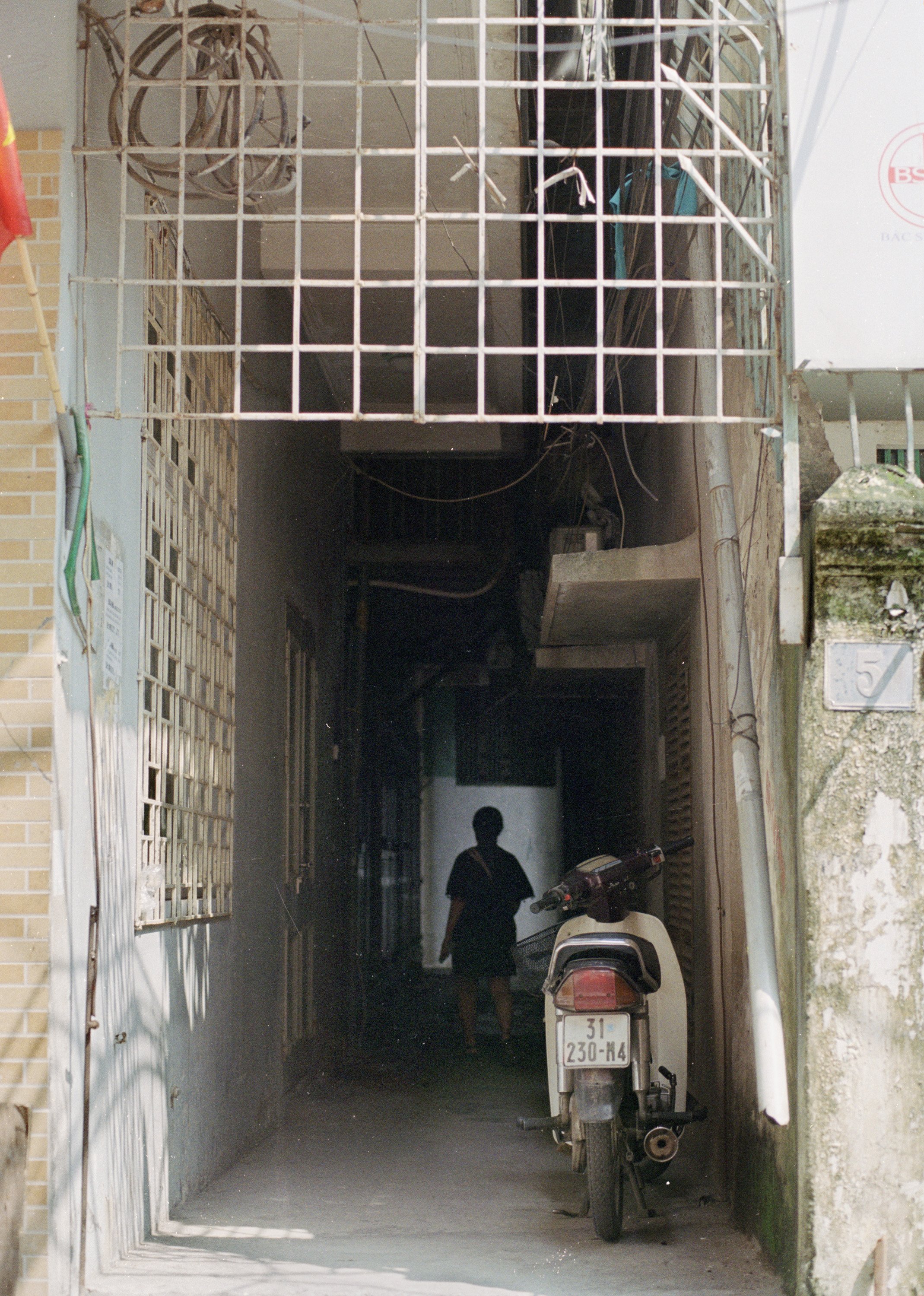
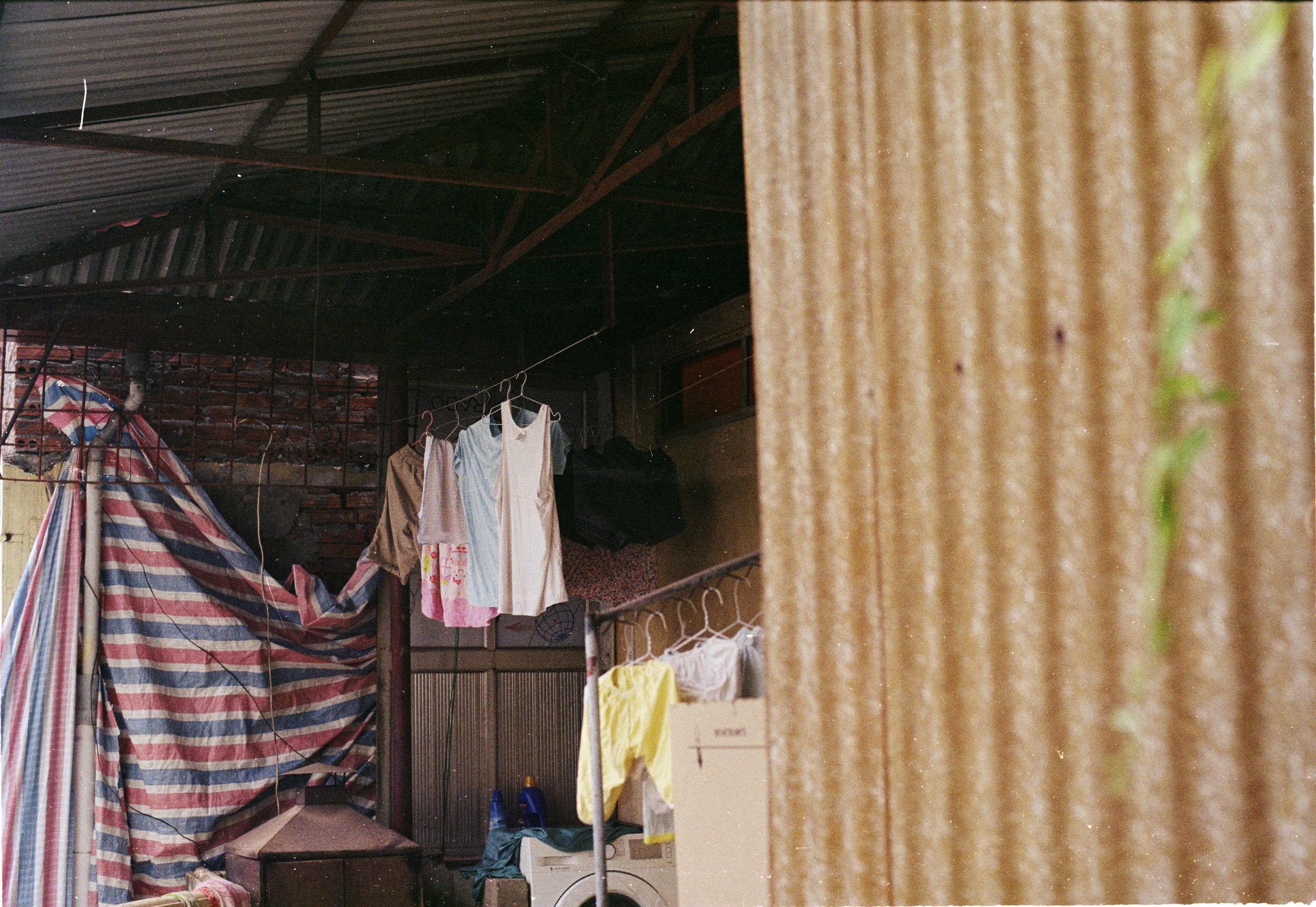
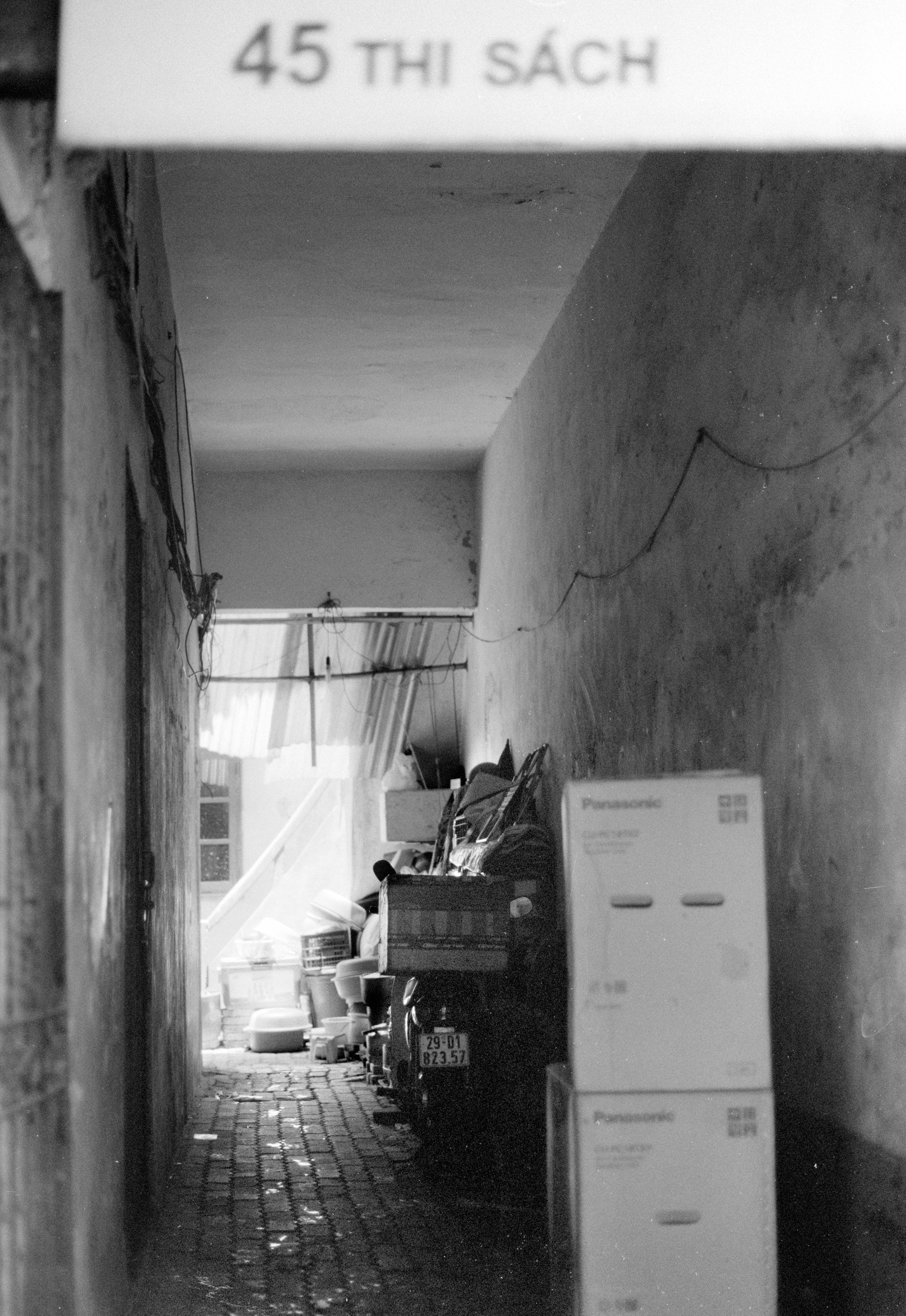
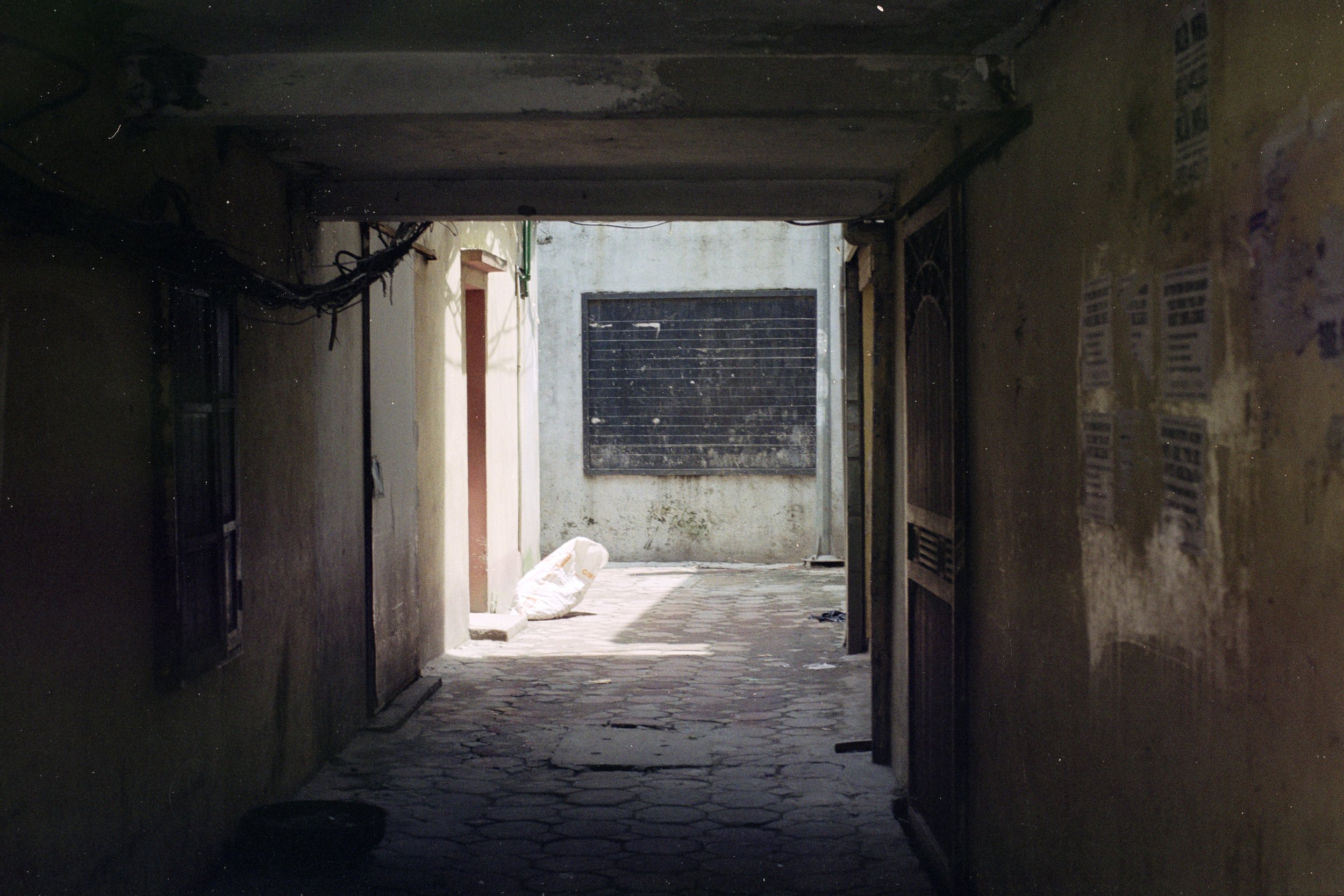



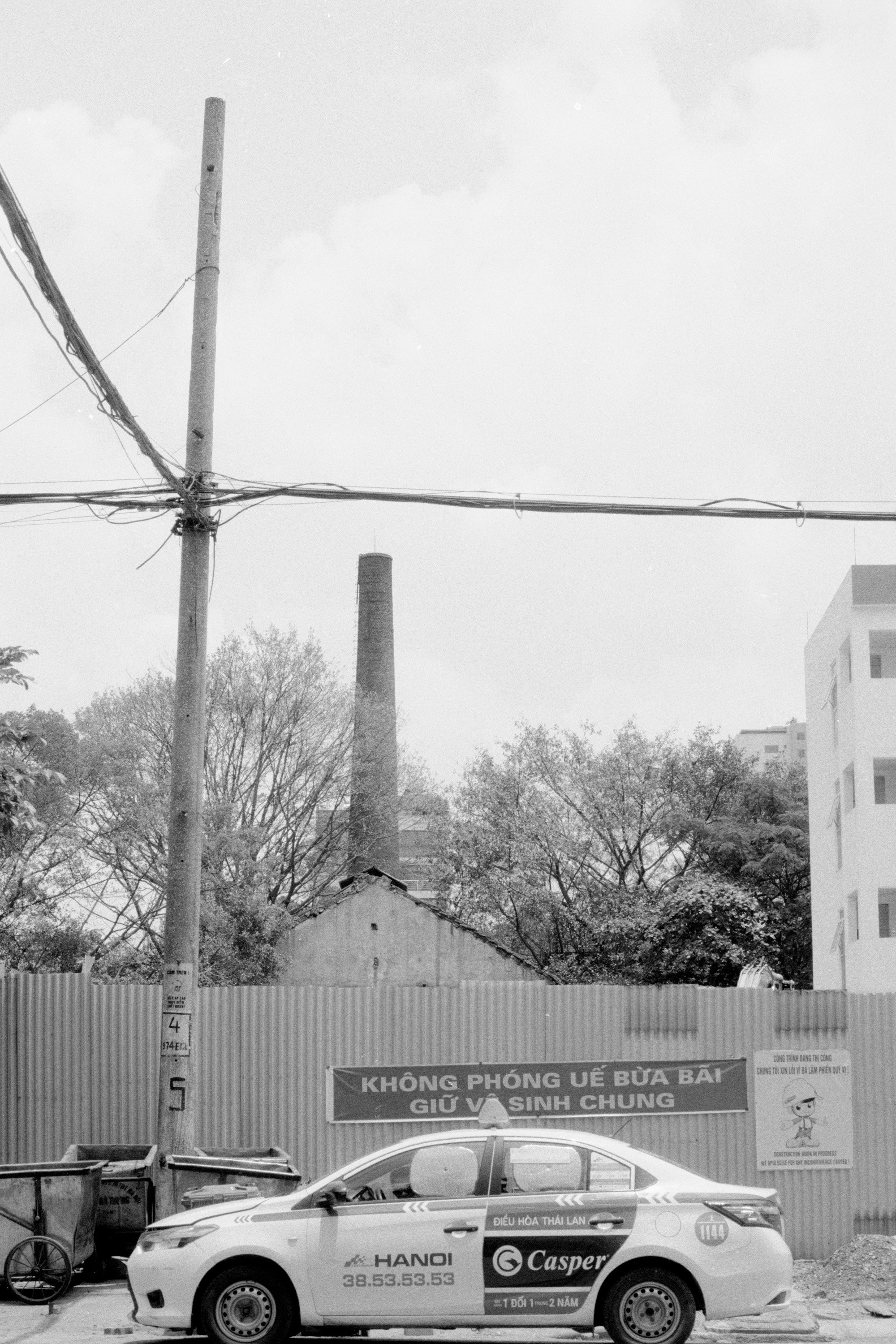

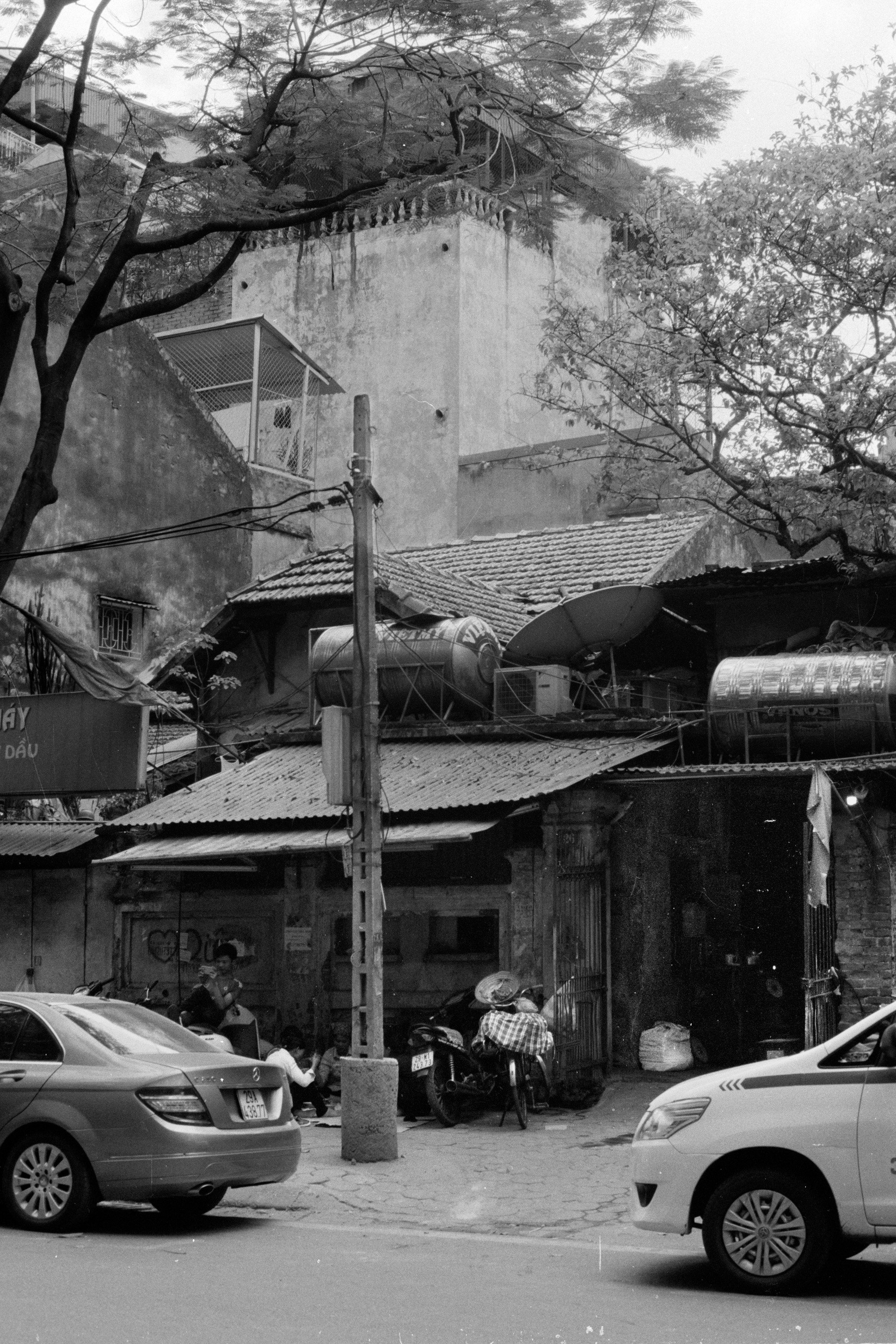
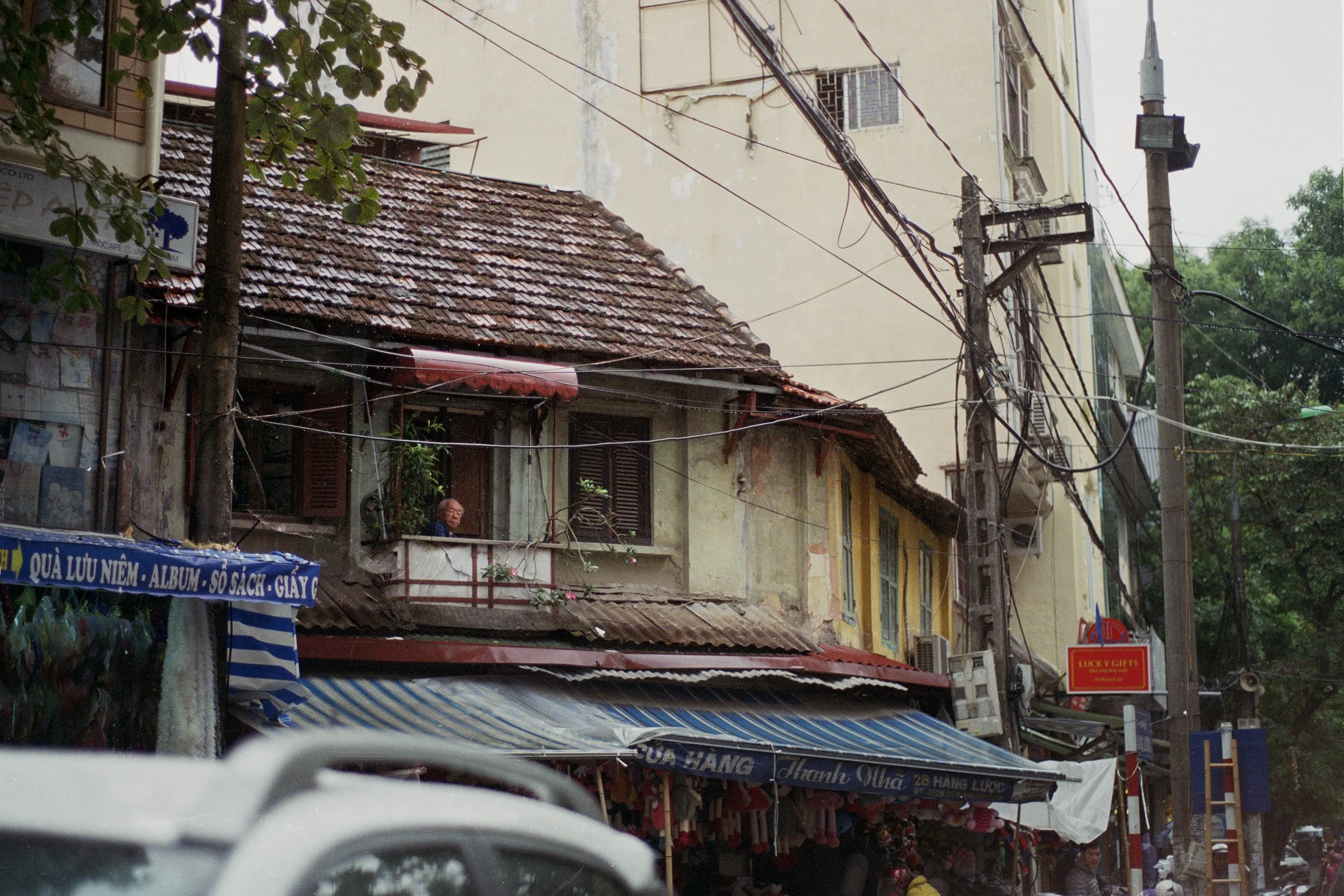


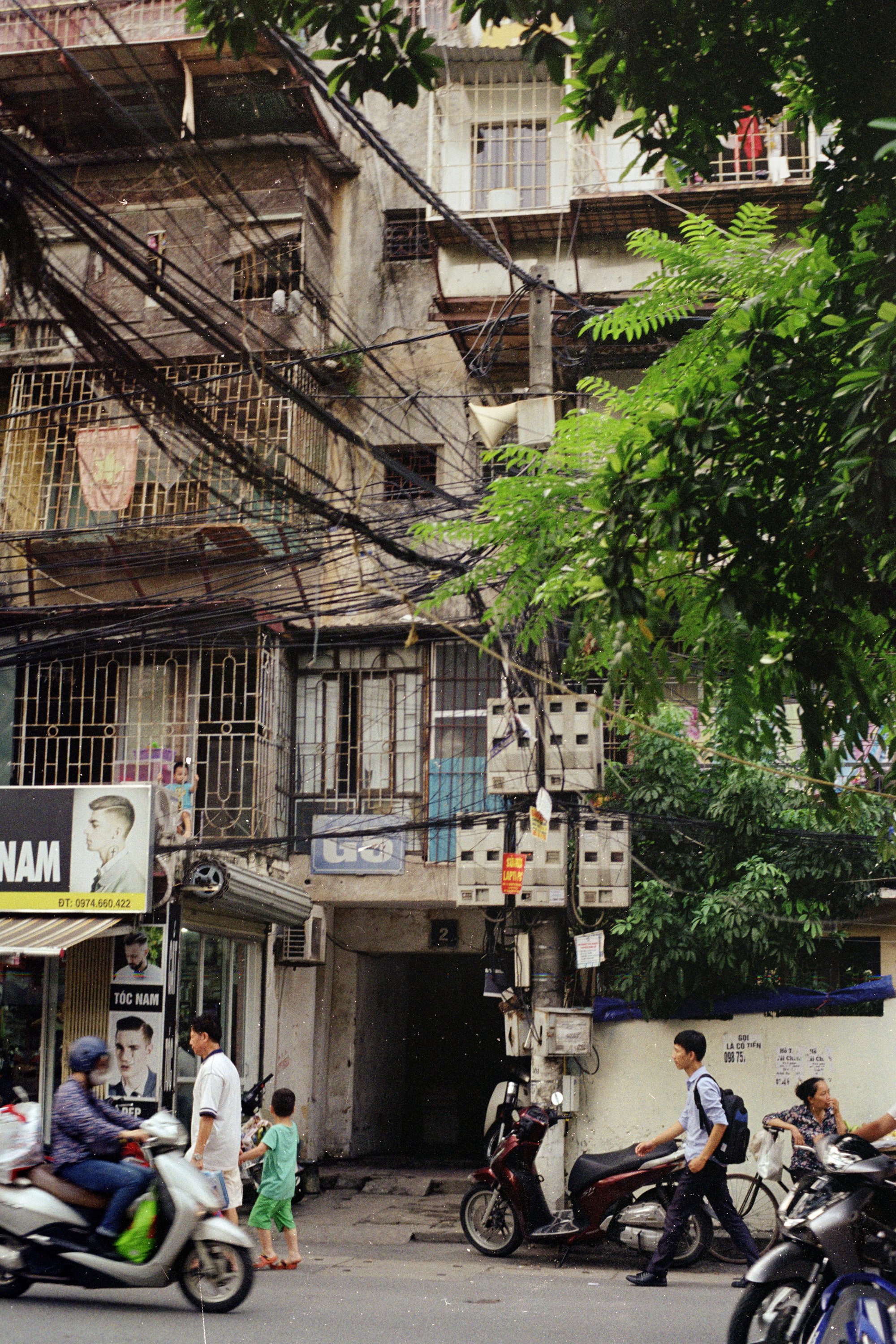

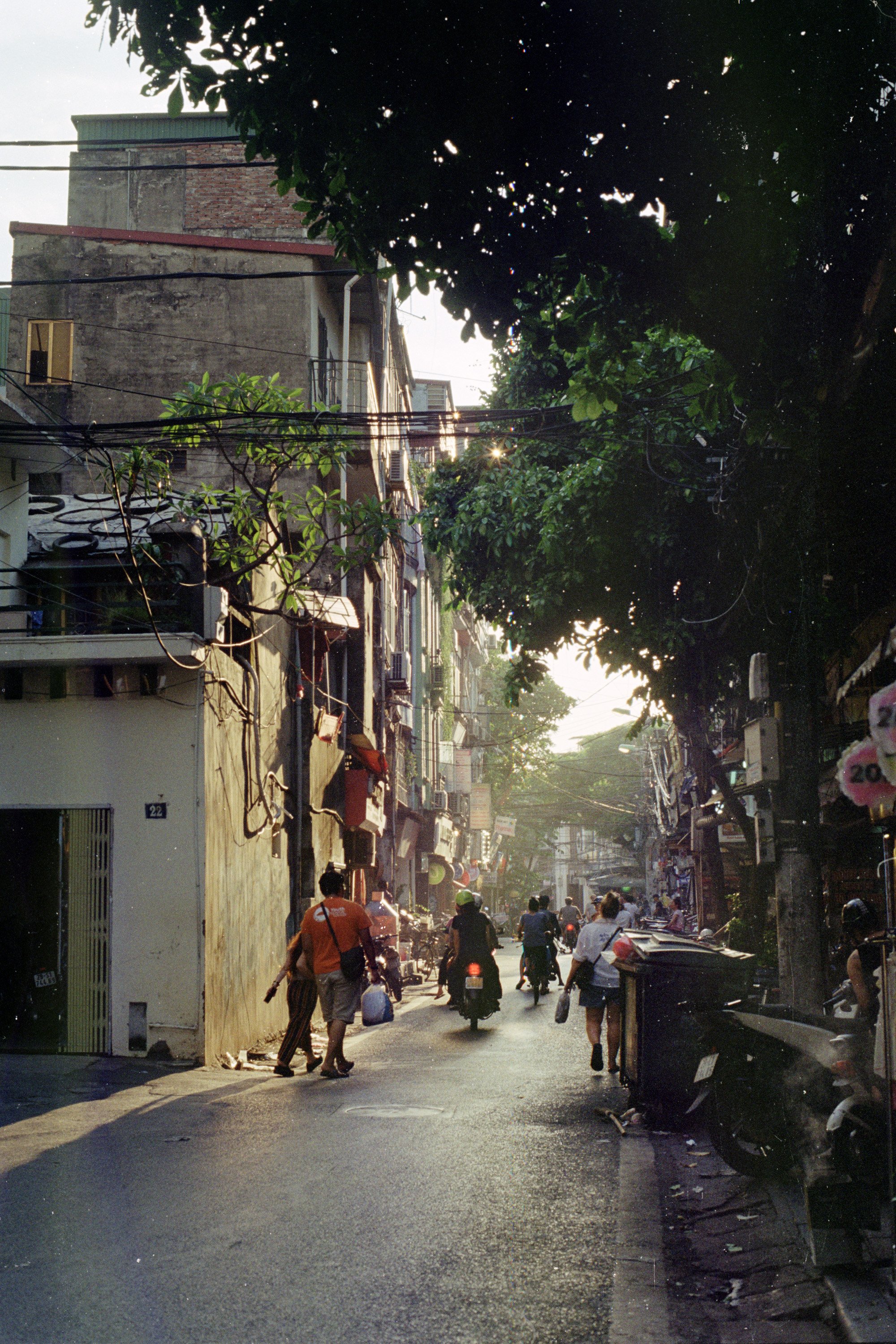

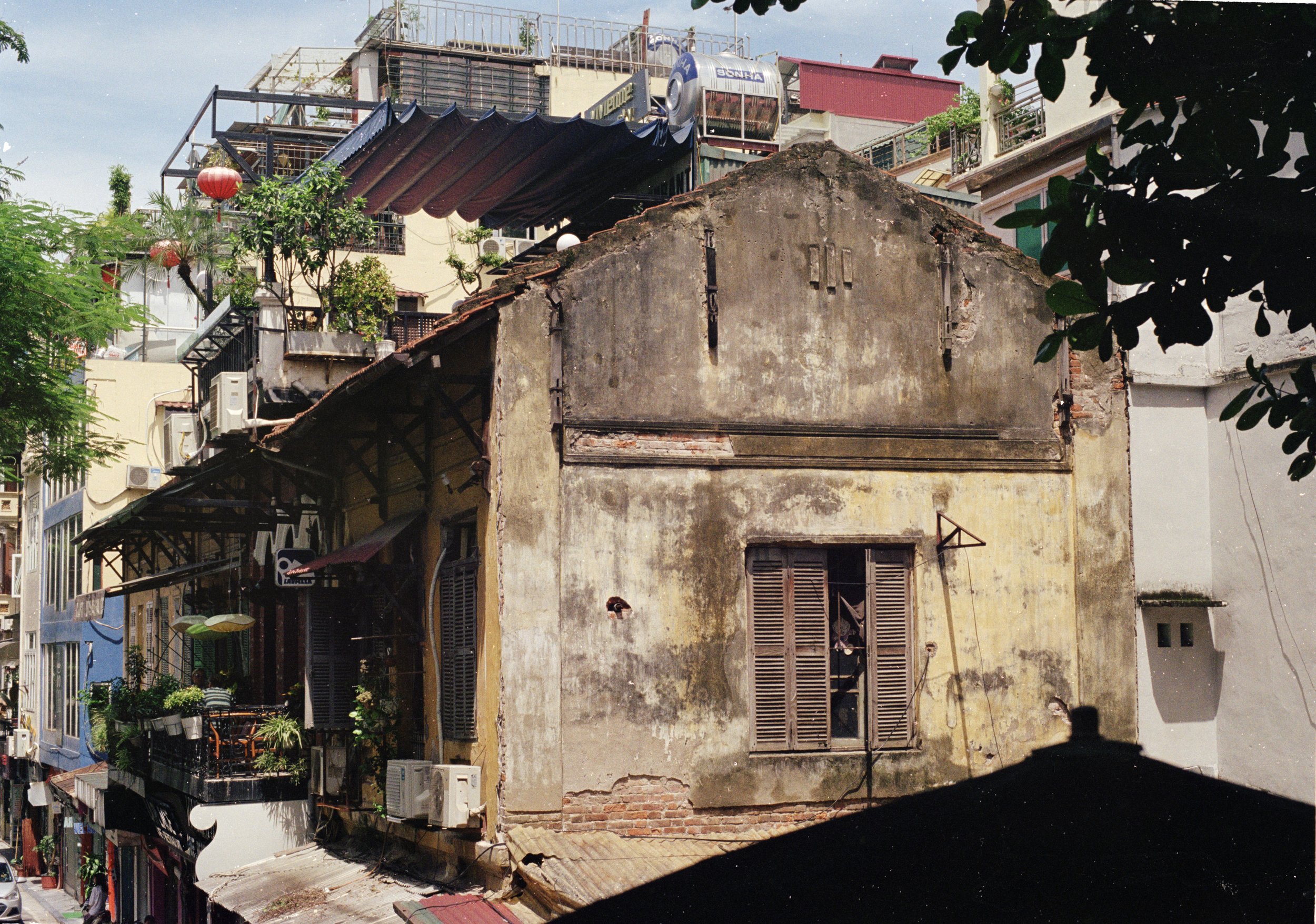


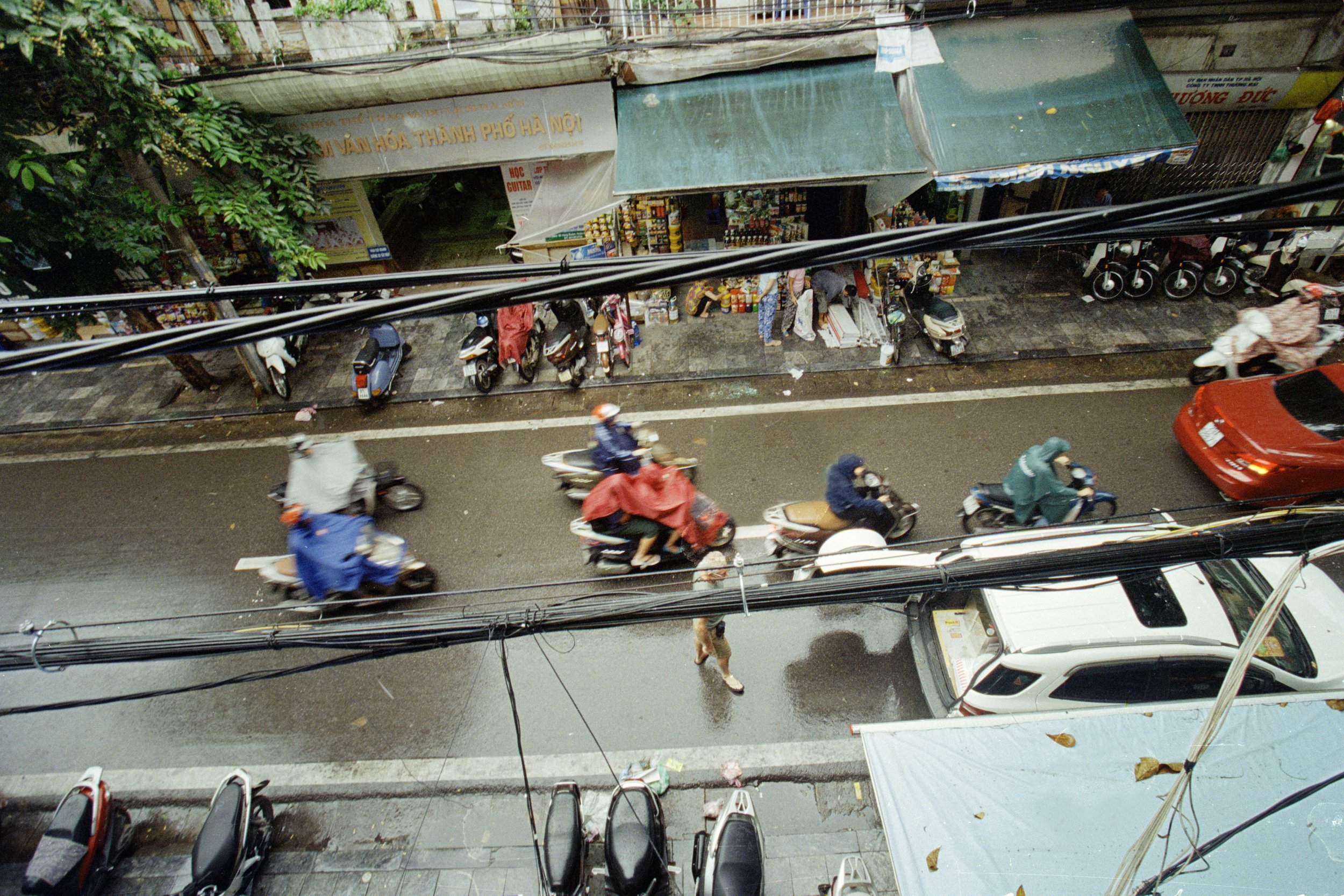

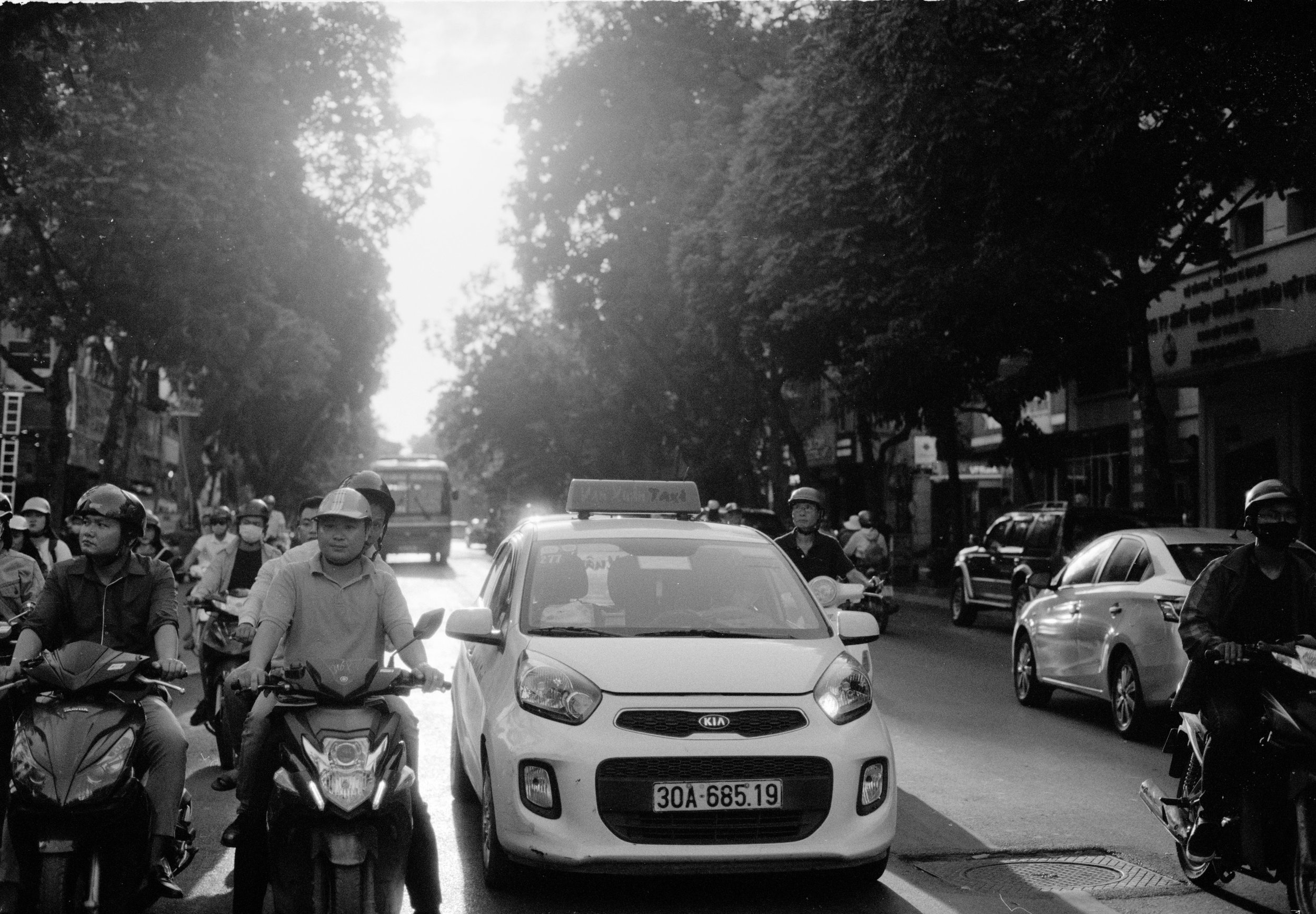
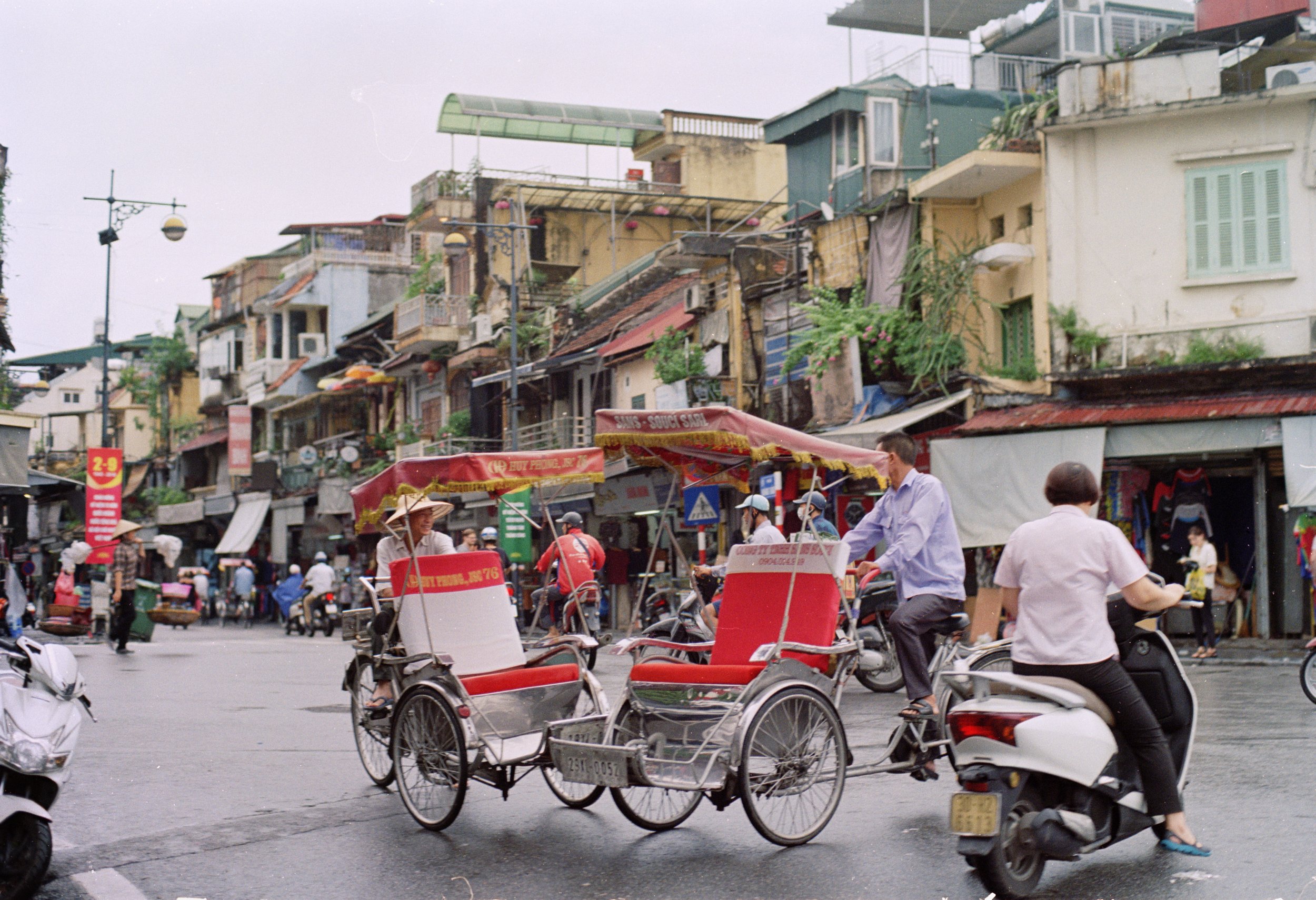


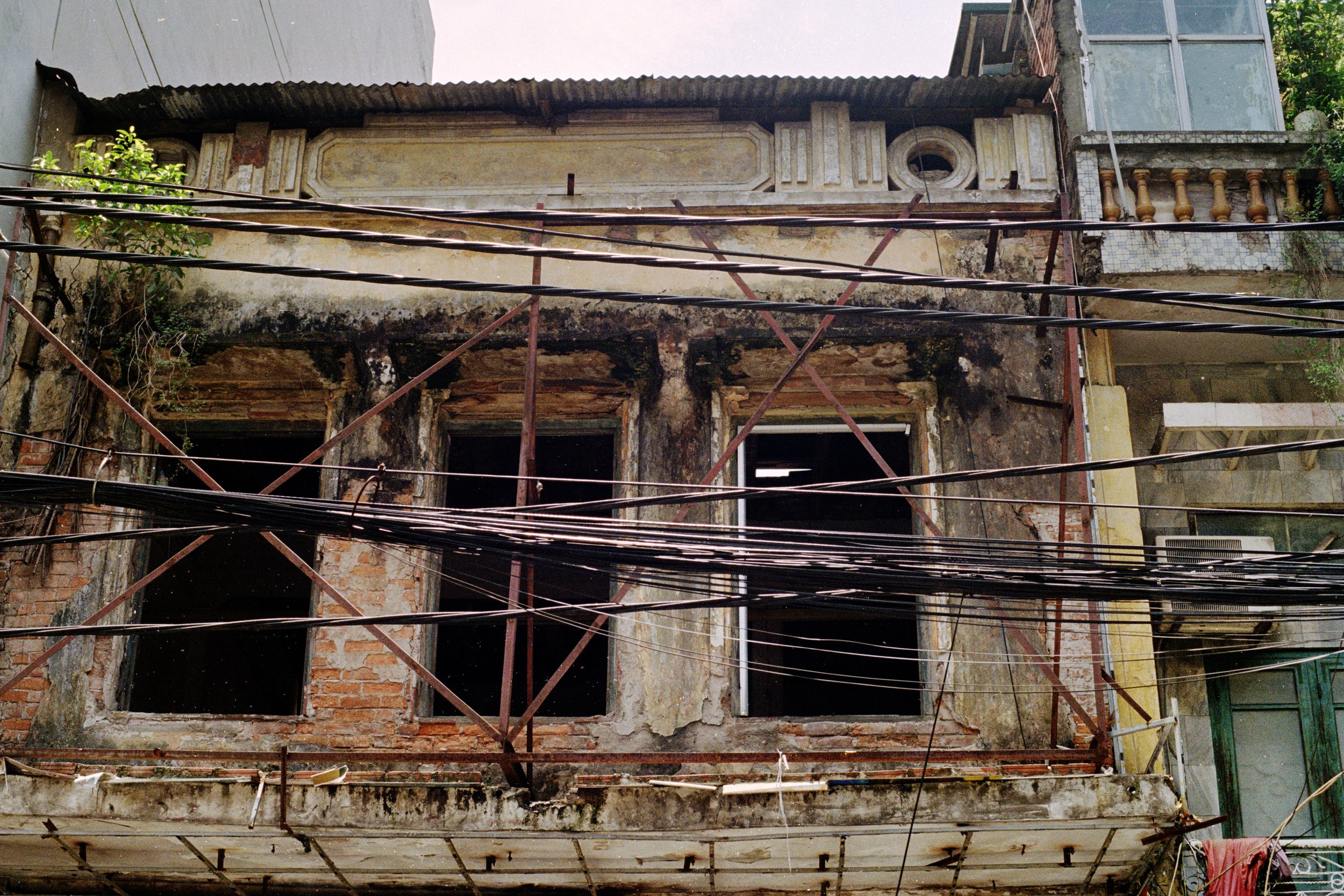
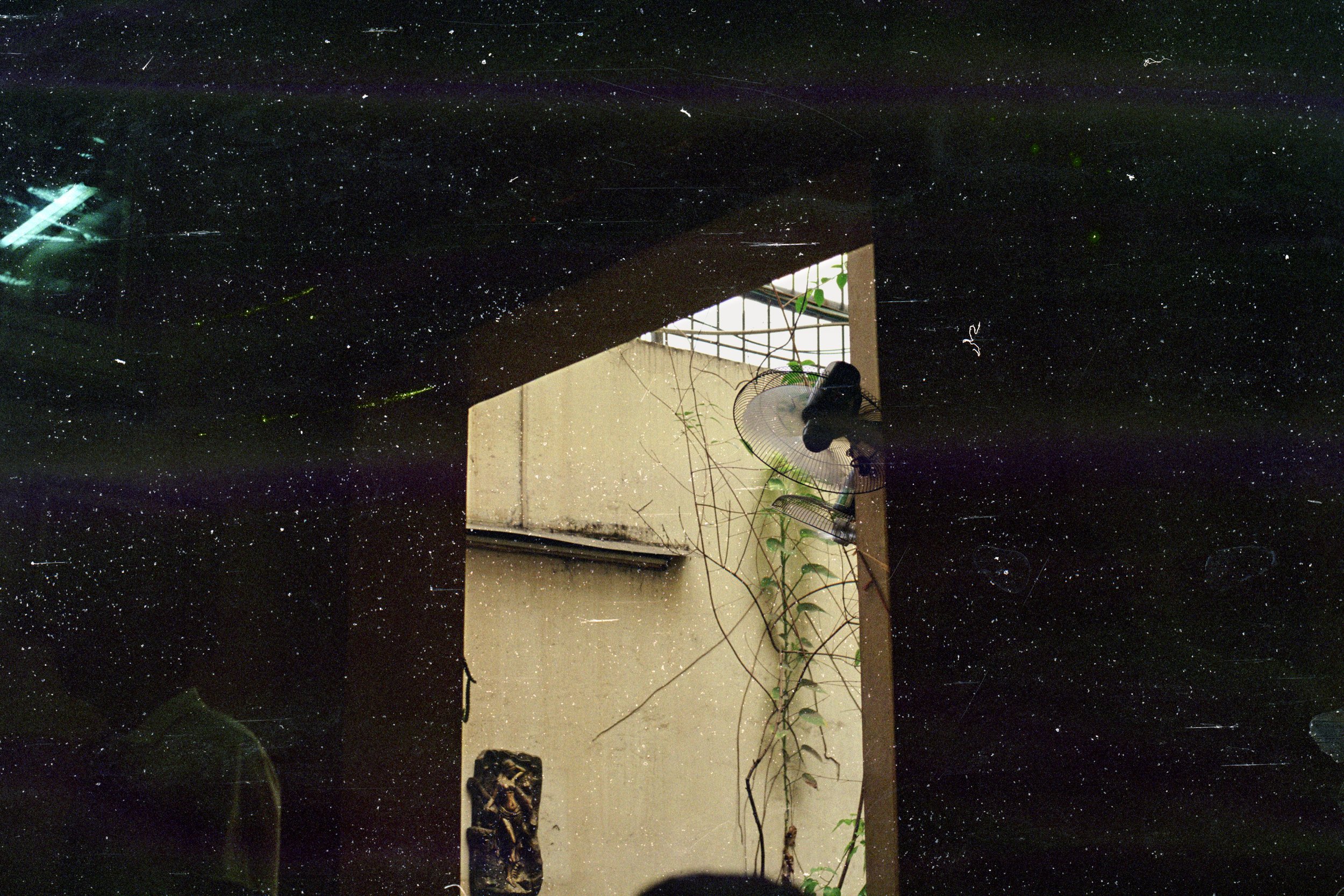
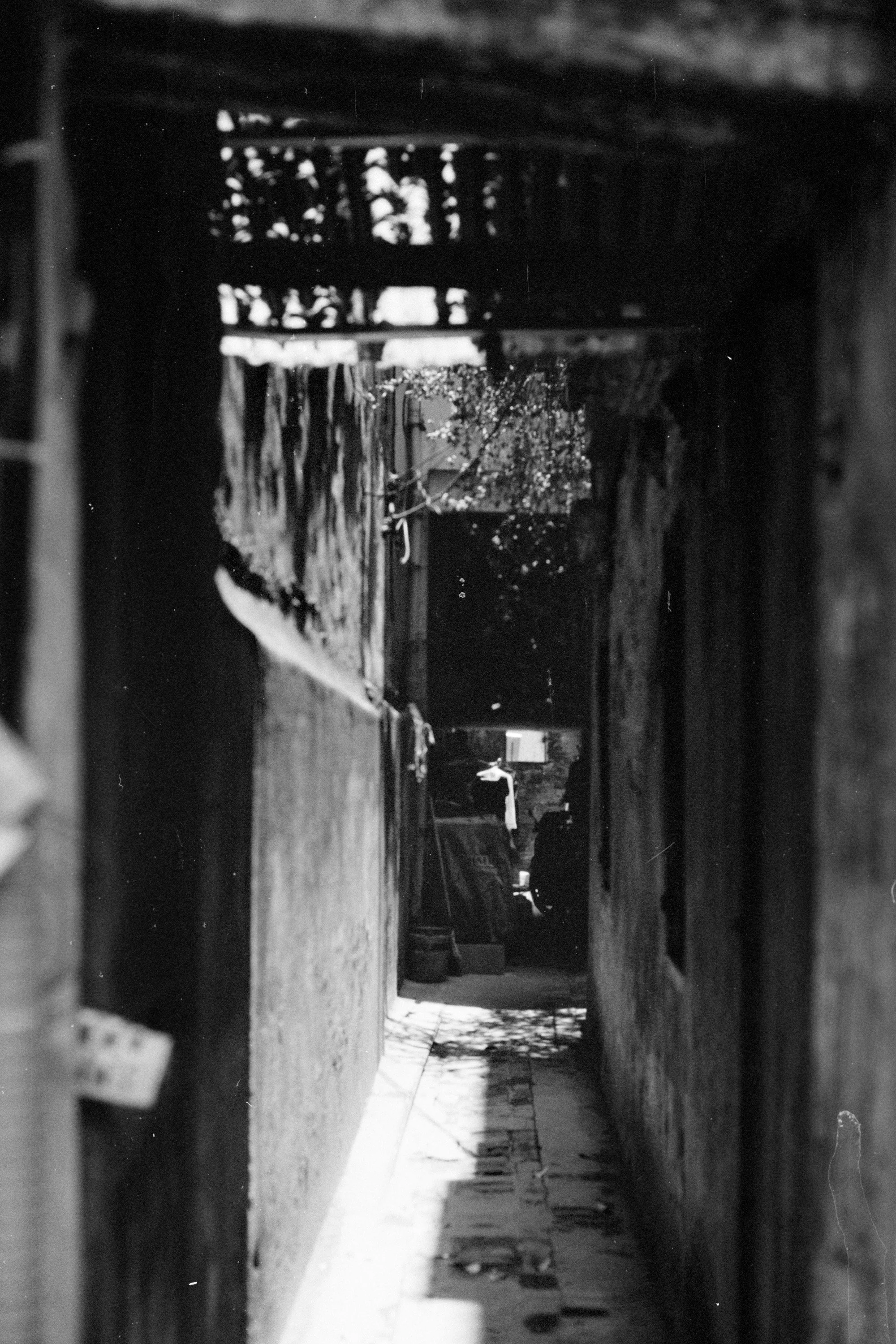
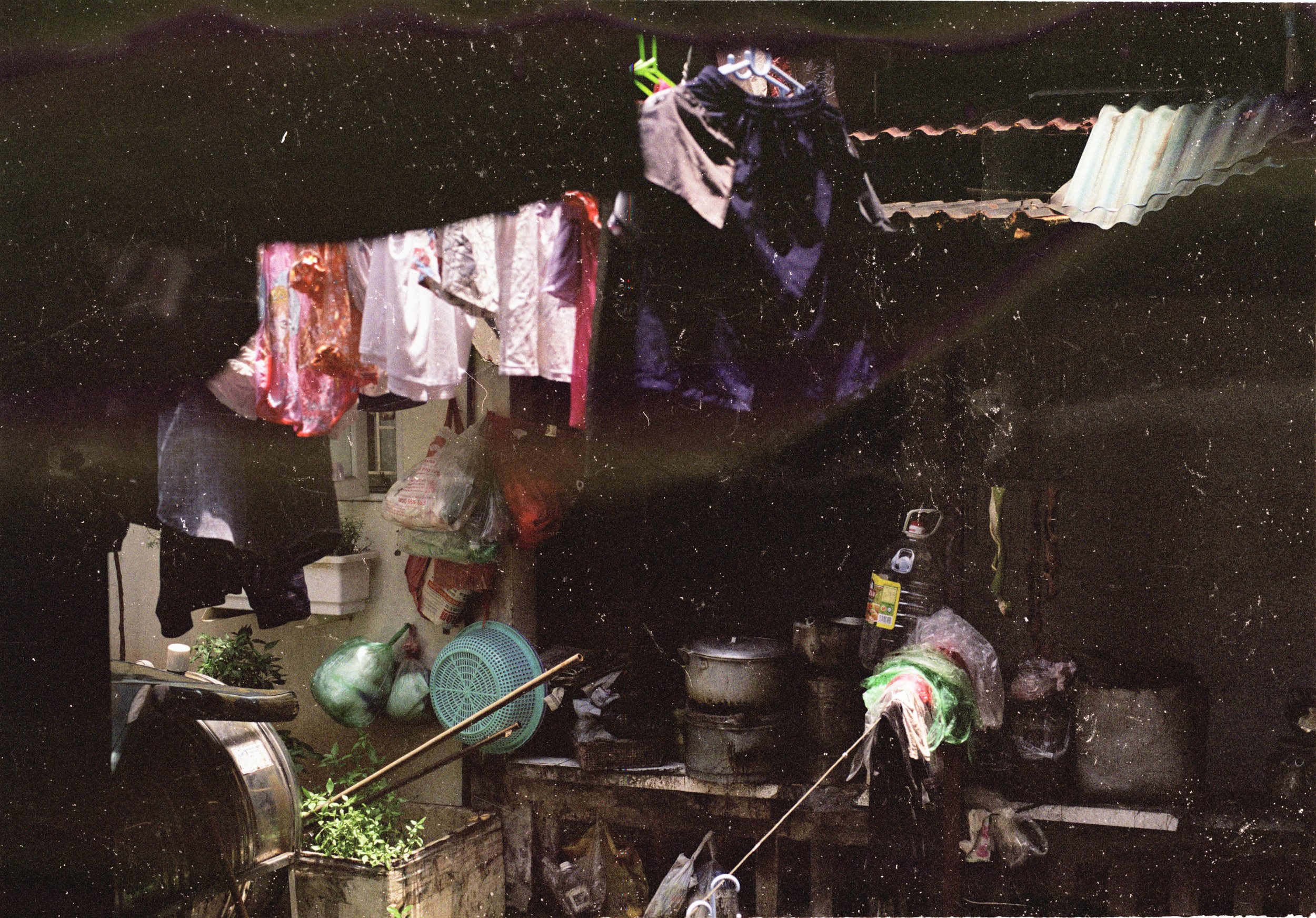






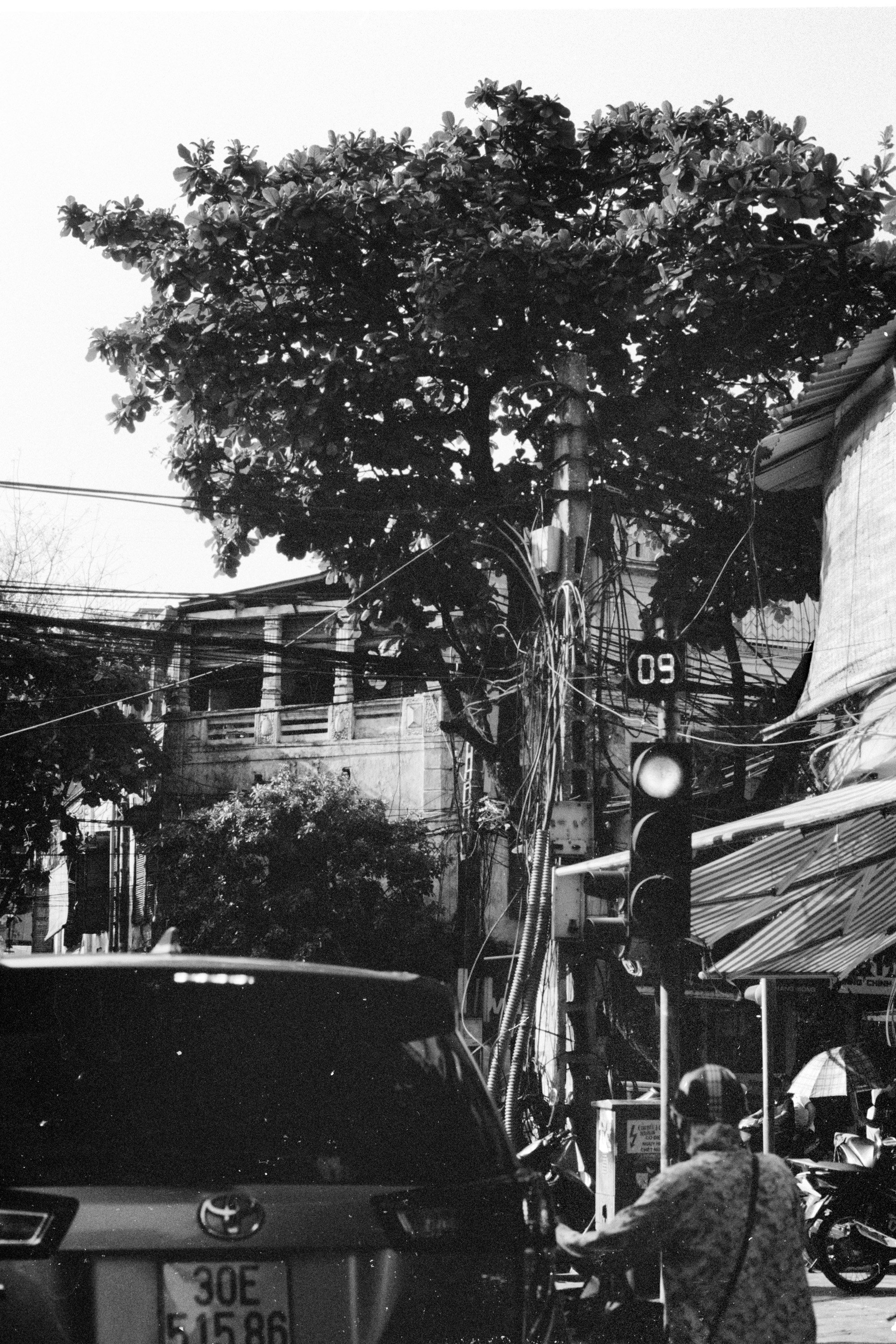

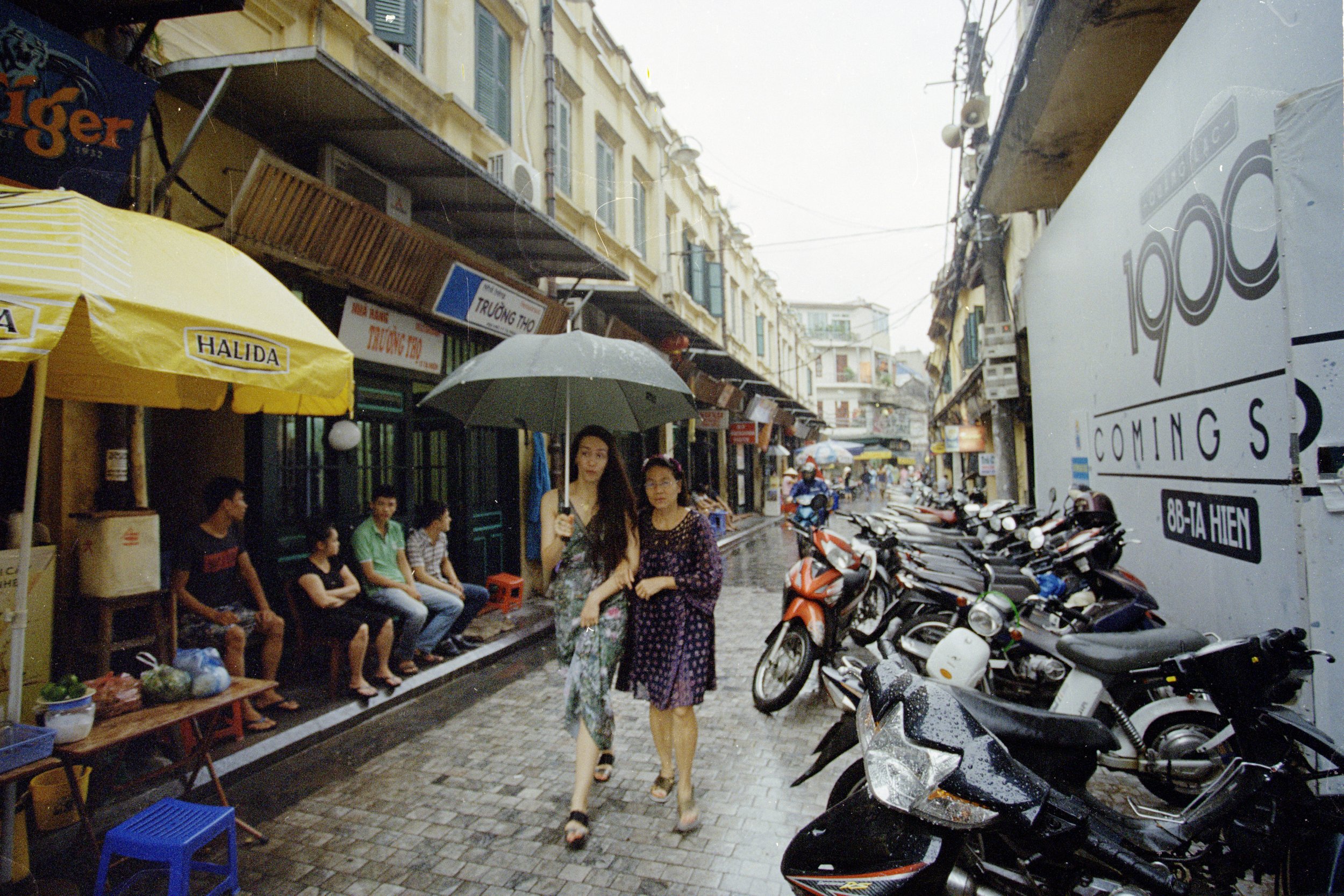



How real is this recollection of a foreign land - a tenor of the emerging landscape in economic growth, or is it (merely) an ontological truth in the celluloid drawing of what now only exists in the realm of memory - a mere organic structure hung upon the weight of sentimentality? Perhaps it’s a truth, that once existed, steeps in the yearning to reminisce in a reality that never ceases to progress - a tension holding at the crux of the permeable object of memory and the ever changing tangible fabric of a society.
To reminisce (in exile) is to longingly tread in the interminable vastness of the ever growing space between the overtly romanticized recollection of the past and the immutable nature of change and progression; the chasm that is neatly tucked within the uneasy existence sets in an old tale told in a foreign land and a persisting gravity of (be)longing. To inquisitively question the self in the narrative, in the perspective in social conservatism and progressivism, is to amalgamate the however seemingly distant schisms.
In this narrative, to leave (a home) is to surrender agency in the face of change. To leave naturally comes with an eventual somber realization that home (as once was) will change. That image once etched in the longing that persists in the elusive distance stretching across the Pacific Ocean will only further deviate from the dimension of truth in a new reality that is both unattainable and untenable on the edge of exile, where one is neither incapable of coming back nor that they are expected to.
To leave is both to quintessentially grieve for the timelessness that once was or that will never be again, while simultaneously being content and unfazed in the reality of being a foreigner in that very home and perhaps every home thereafter; for the longing won’t cease to be, wherever we may be.